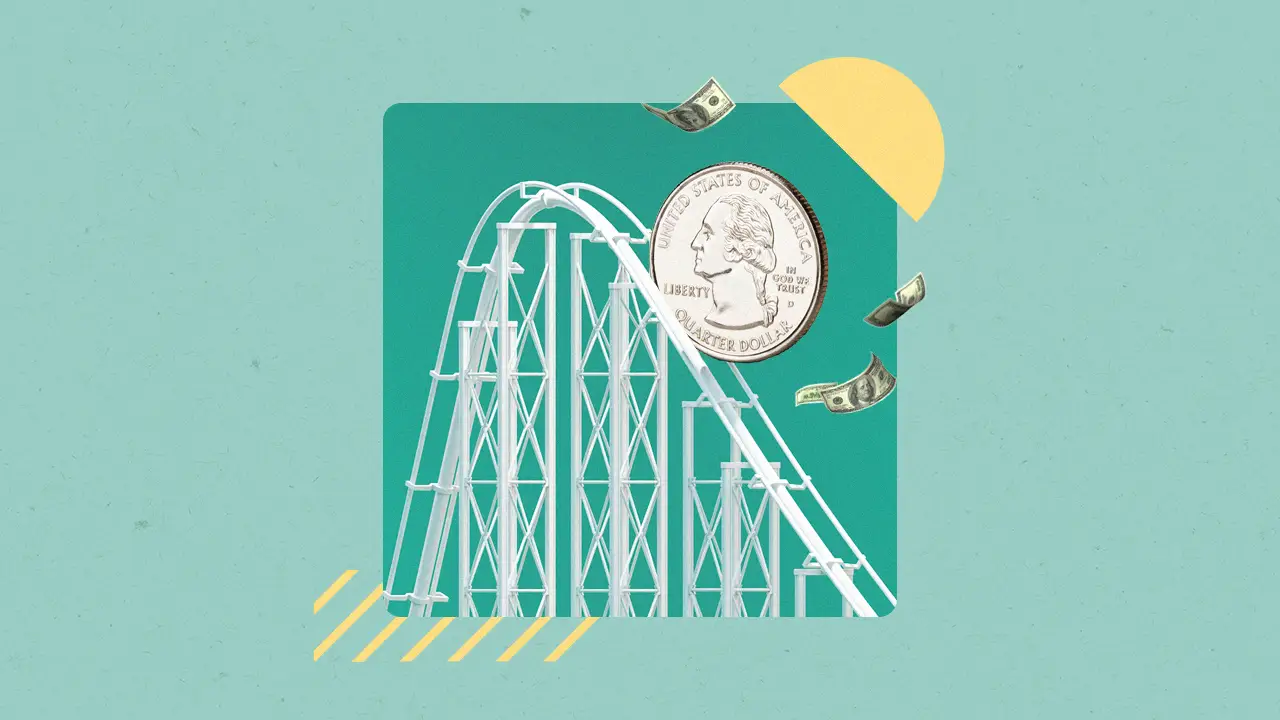Reduced Federal Workforce Disrupts Inflation Tracking
Concerns are growing among economists over the accuracy of U.S. inflation data as the federal government grapples with widespread staffing shortages. The Labor Department has announced nationwide cutbacks in the price-checking process used to calculate the Consumer Price Index (CPI), a key measure of inflation.
Each month, hundreds of federal workers collect pricing data on goods and services in cities across the country. That data feeds directly into the CPI, which is closely monitored by the Federal Reserve to make decisions on interest rates.
However, recent staffing challenges have forced the government to suspend CPI data collection entirely in cities like Lincoln, Nebraska and Provo, Utah as of April, and more recently in Buffalo, New York.
Hiring Freeze and Cuts Hamper Data Collection
The Bureau of Labor Statistics (BLS) stated that it “makes reductions when current resources can no longer support the collection effort.” Since the implementation of a federal hiring freeze initiated under President Trump, the overall size of the federal workforce has shrunk by over 26,000 jobs.
Although the BLS claims these changes will have “minimal impact” on the national inflation rate, it warned that the quality and consistency of regional cost-of-living estimates and individual item prices may suffer.
Economists Warn of Risky Assumptions in Price Estimates
Economist Ernie Tedeschi from the Yale Budget Lab voiced strong concerns on social media, calling it “the worst possible time to make staffing cuts to the CPI.” Tedeschi noted that fewer workers doesn’t necessarily mean inflation will be underestimated — the risk also exists that the CPI could be inflated, leading to skewed policy decisions.
For the most recent CPI report in April, government analysts were forced to rely on imputed prices, estimating costs based on comparable goods more often than usual. According to inflation analyst Omair Sharif of Inflation Insights, these guesses could introduce volatility and undermine confidence in the reported figures.
Impact Could Extend to Social Security and Interest Rates
The effects of degraded inflation data go far beyond the federal workforce. CPI readings influence a broad array of economic decisions — from Social Security cost-of-living adjustments to business and consumer loan interest rates.
Sharif warns that the current approach could have serious implications: “Degrading the quality of these statistics only worsens future economic outcomes,” he wrote. “It’s not a stretch to say that they affect the lives of everyday folks.”



